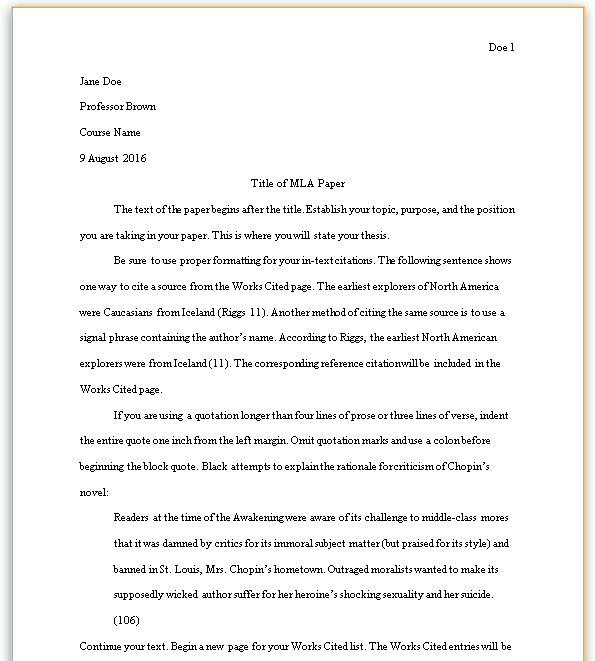The National Academy of Medicine (formerly the Institute of Medicine) championed the goal that 90% of clinical decisions will be evidence-based by 2020.
A recent systematic review of the published literature indicates that evidence-based practice (EBP) implementation remains defcient despite an ongoing efort to increase implementation. Discuss two barriers that might hold nursing practice from achieving this goal and suggest ways in which the identifed barriers may be addressed. Initial discussion question posts should be a minimum of 200 words and include at least two references cited using APA format. Responses to peers or faculty should be 100-150 words and include one reference.
Refer to “RN-BSN DQ Rubric” and “RN-BSN Participation Rubric,” located in Class Resources, to understand the expectations for initial discussion question posts and participation posts, respectively.
Importance of Evidence-Based Practice in Healthcare
Evidence-Based Practice (EBP) is a cornerstone of modern healthcare, combining clinicians’ expertise, patient data, and literature research to enhance patient outcomes. This approach fosters high-quality, patient-centered care by ensuring clinical decisions are supported by the best available evidence. However, despite its substantial benefits, the integration of EBP faces significant barriers, particularly a lack of EBP knowledge among healthcare professionals and insufficient time for implementation.
Addressing Knowledge Deficiencies in EBP
One of the primary barriers to EBP integration is the insufficient knowledge and skills of healthcare professionals in understanding and applying research findings. Many nurses and clinicians lack formal training in EBP principles and methods, which hinders their ability to interpret and implement research in practice. Educational institutions and healthcare organizations can bridge this gap by integrating EBP into nursing curricula, providing structured training programs, and offering resources for self-directed learning. These initiatives not only enhance competency but also instill a culture that values evidence-based decision-making in clinical practice.
Overcoming Time Constraints in EBP Implementation
Another pervasive barrier to EBP is the limited time available to healthcare professionals due to heavy workloads and staff shortages. Nurses, in particular, struggle to balance patient care demands with staying updated on current research. To address this, systemic solutions at both state and organizational levels are essential. At the state level, addressing nurse shortages through improved retention strategies, supportive work environments, and innovative staffing solutions can alleviate workloads. Within organizations, dedicated time for EBP activities, task delegation, and efficient staffing models can empower nurses to engage in evidence-based learning and practice. These measures collectively create a sustainable framework for integrating EBP into healthcare settings, ultimately improving patient care outcomes.


